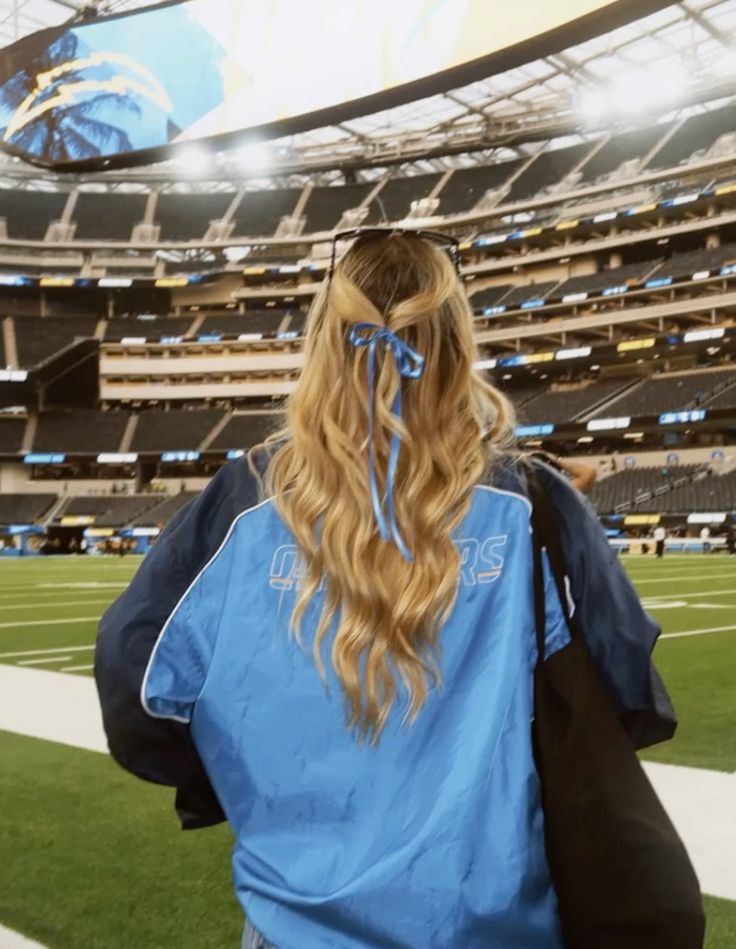Whether you are a junior heading to the campus wide career fair at the BJC, or a freshman just starting college and clueless when it comes to where to start for your career, having a solid resume is crucial.
A resume is the first, and perhaps only, thing a potential employer will see about you. All of your extracurricular activities, your skills and everything you have put years of time into won’t be known unless you represent them well on paper. This is why a resume is arguably the most important part of applying for an internship or a job.
Valley recently had the chance to sit down with Caitlin Hunnicutt, an Assistant Director of Marketing for Penn State Athletics, as well as other key people in that department to discuss all things resumes: what to include, what to leave out and how to make yourself stand out on paper.
Formatting the Header
First and foremost, your name should be the largest and boldest part of the entire page. This might sound like a no-brainer, but often people put their name as a header and keep it at a default 12-point font. Put your name in the middle of the header and format it largely so that it stands out.
Another important part of your header is to include at least your email and a phone number you can best be reached at.
“I actually have my twitter handle listed on my resume,” says Caitlin Hunnicutt. “If you think you have a really strong twitter feed that relates to your career goals, list it.”
Organizing the Body
In regards to the body of your resume, if you are still in school make sure to list your college education first before putting your experiences. After you have been graduated for about a year, you can move it to the end of your resume.
In the experience section, list everything in backwards chronological order –AKA list your most recent or present jobs and experiences first, and then list the older things underneath.
“Your experiences are what makes up the most of your resume,” says Hunnicutt. “They represent everything you have done up until the present and are what employers look at when comparing you to another potential employee.”
Make the Most of Your Space
When it comes to leaving things out, consider the “so what” rule. You want to keep your resume as concise as possible which means you need to make the page of space you have count. After listing a new skill or activity, ask yourself “so what?”. How does this make my resume stronger? What is the importance of adding this? If you don’t have a strong answer for either question, leave it out.
Overall, try to make your resume short and concise, but include everything that will represent you well to future employers. With these quick and easy edits to your resume, you’ll be landing your dream internship in no time.





